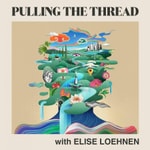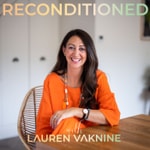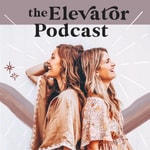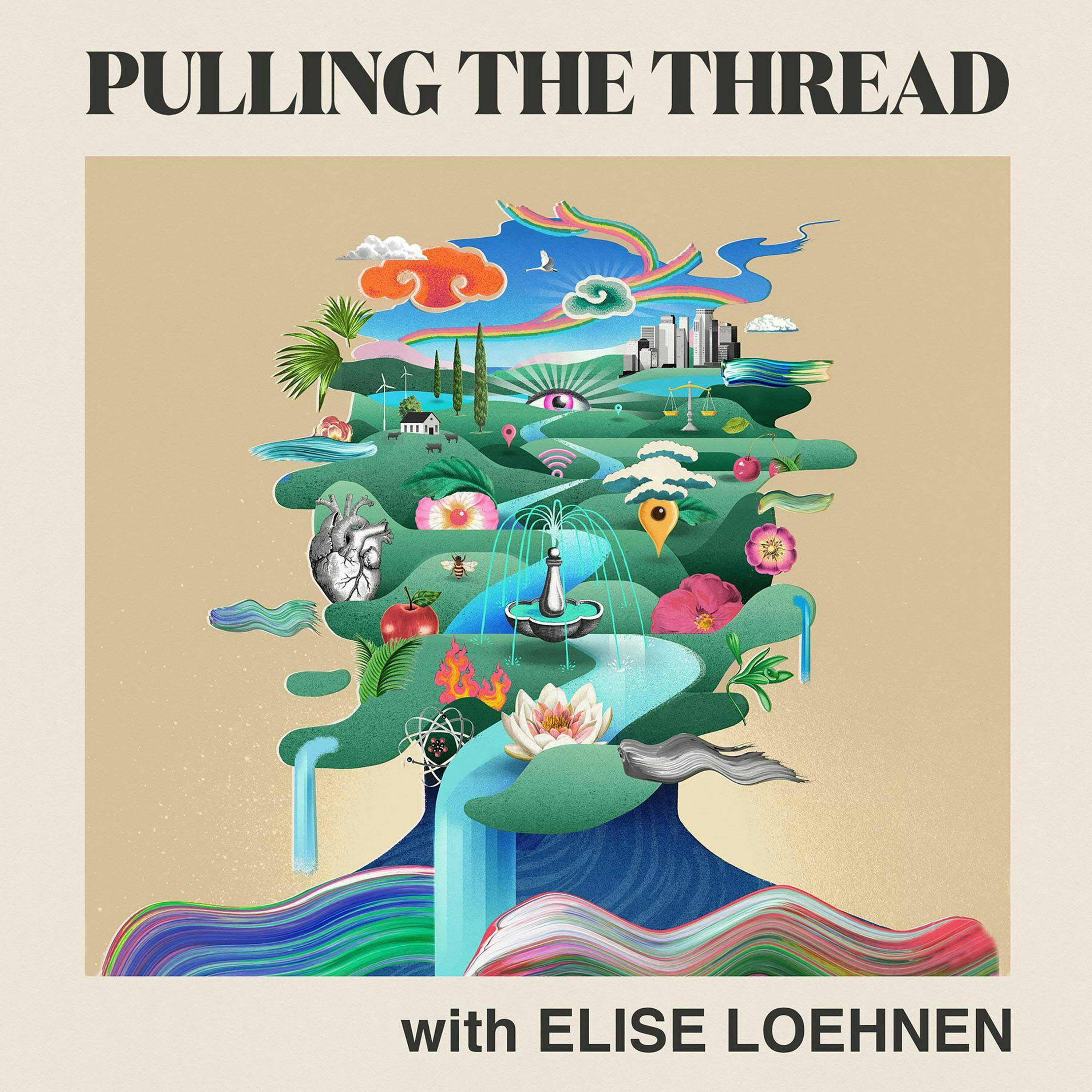Pulling The Thread with Elise Loehnen – Details, episodes & analysis
Podcast details
Technical and general information from the podcast's RSS feed.

Pulling The Thread with Elise Loehnen
Elise Loehnen
Frequency: 1 episode/6d. Total Eps: 238

Recent rankings
Latest chart positions across Apple Podcasts and Spotify rankings.
Apple Podcasts
No recent rankings available
Spotify
No recent rankings available
Shared links between episodes and podcasts
Links found in episode descriptions and other podcasts that share them.
See all- https://www.instagram.com/loroxburgh
15 shares
RSS feed quality and score
Technical evaluation of the podcast's RSS feed quality and structure.
See allScore global : 58%
Publication history
Monthly episode publishing history over the past years.
A Formula for Coming Alive (Shannon Watts)
jeudi 19 juin 2025 • Duration 01:03:03
Finding Faith in our Future (Krista Tippett)
jeudi 12 juin 2025 • Duration 55:59
Another Way of Seeing Betrayal (Monthly Solo)
lundi 28 avril 2025 • Duration 54:15
How Story Can Heal (Akiva Goldsman)
jeudi 21 décembre 2023 • Duration 50:31
On Reducing Harm & Saving Lives (Maia Szalavitz): ADDICTION
lundi 18 décembre 2023 • Duration 59:07
The Malleability of the Brain (David Eagleman)
jeudi 14 décembre 2023 • Duration 01:06:11
Breaking the Addiction Binary (Carl Erik Fisher, M.D.): ADDICTION
lundi 11 décembre 2023 • Duration 01:00:54
The Gordian Knot of Mental Illness (Rachel Aviv)
jeudi 7 décembre 2023 • Duration 43:40
Reimagining Recovery (Holly Whitaker): ADDICTION
lundi 4 décembre 2023 • Duration 57:39
Grappling with Part X (Phil Stutz)
jeudi 30 novembre 2023 • Duration 43:11









